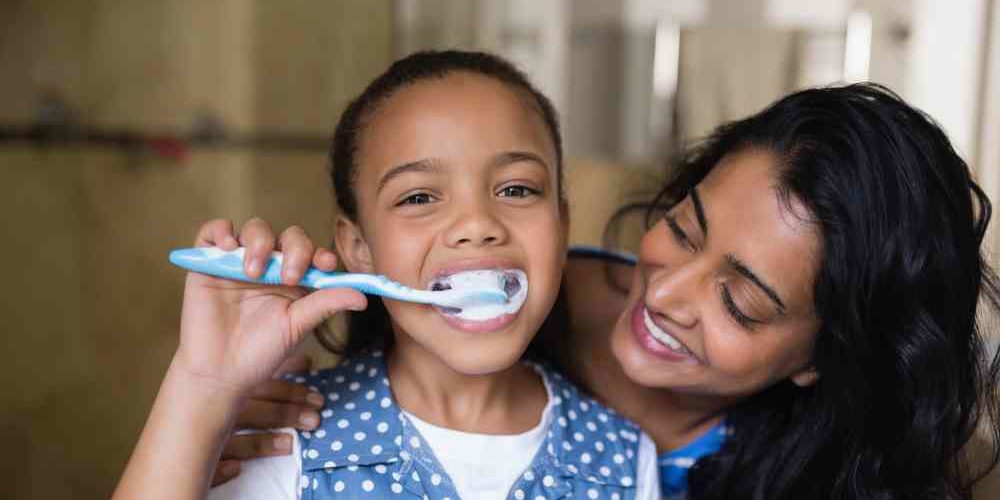Do you rinse out your mouth straight after brushing your teeth? If so, this might not be the right thing to do. Toothpaste contains an ingredient called fluoride, which has been shown to strengthen the minerals in your teeth and make them less likely to develop cavities (holes). Fluoride can also help to reverse early signs of tooth decay before they require a filling. If you are rinsing straight after you brush, you could be rinsing out all the benefit that the fluoride in the toothpaste can offer! Furthermore, if you have sensitive teeth, you may find that the thin layer of toothpaste that remains covering your teeth after brushing can help to reduce the amount of sensitivity you have.
What should I do instead?
Start with flossing your teeth. Rinse now with water if you would like. Then, thoroughly brush every surface of every tooth using your toothbrush and toothpaste – this should take at least 2 minutes. When you are finished, spit out as much of the toothpaste as you can. Wash your toothbrush under water, wipe away any excess on your mouth and that’s it – all done!
I just tried not rinsing and I don’t like it.
If you have been rinsing after brushing for your whole life, it can feel very strange the first time you try not rinsing. Firstly, make sure you’re not using too much toothpaste – a pea-sized dollop is all you need. You may also like to try using less and less water each time you rinse until you no longer require any water at all. Try experimenting with different flavours and brands of toothpaste as you may have one that you prefer more when you are no longer rinsing (try looking for one without sodium lauryl sulfate SLS in the ingredients as this ingredient can create lots of suds when you are brushing). Also consider getting a tongue scrapper to help get the last bits of toothpaste off your tongue. Finally, it is never easy to break a habit but remember the benefits of not rinsing and persist with it!
What about mouthrinse?
If you are using a mouthrinse straight after brushing, it can be similar to rinsing with water and washing out the benefit of having fluoride in your mouth for a longer period. Most mouthrinses do not contain fluoride, and even fluoride-containing mouthrinses are usually a lower concentration of fluoride compared to a regular toothpaste. Talk to your dentist about whether you should be using a mouthrinse. If it is recommended for you to use one, it’s best to use it at a time other than brushing (eg. right after lunch).
The bottom line: spit, don’t rinse!







